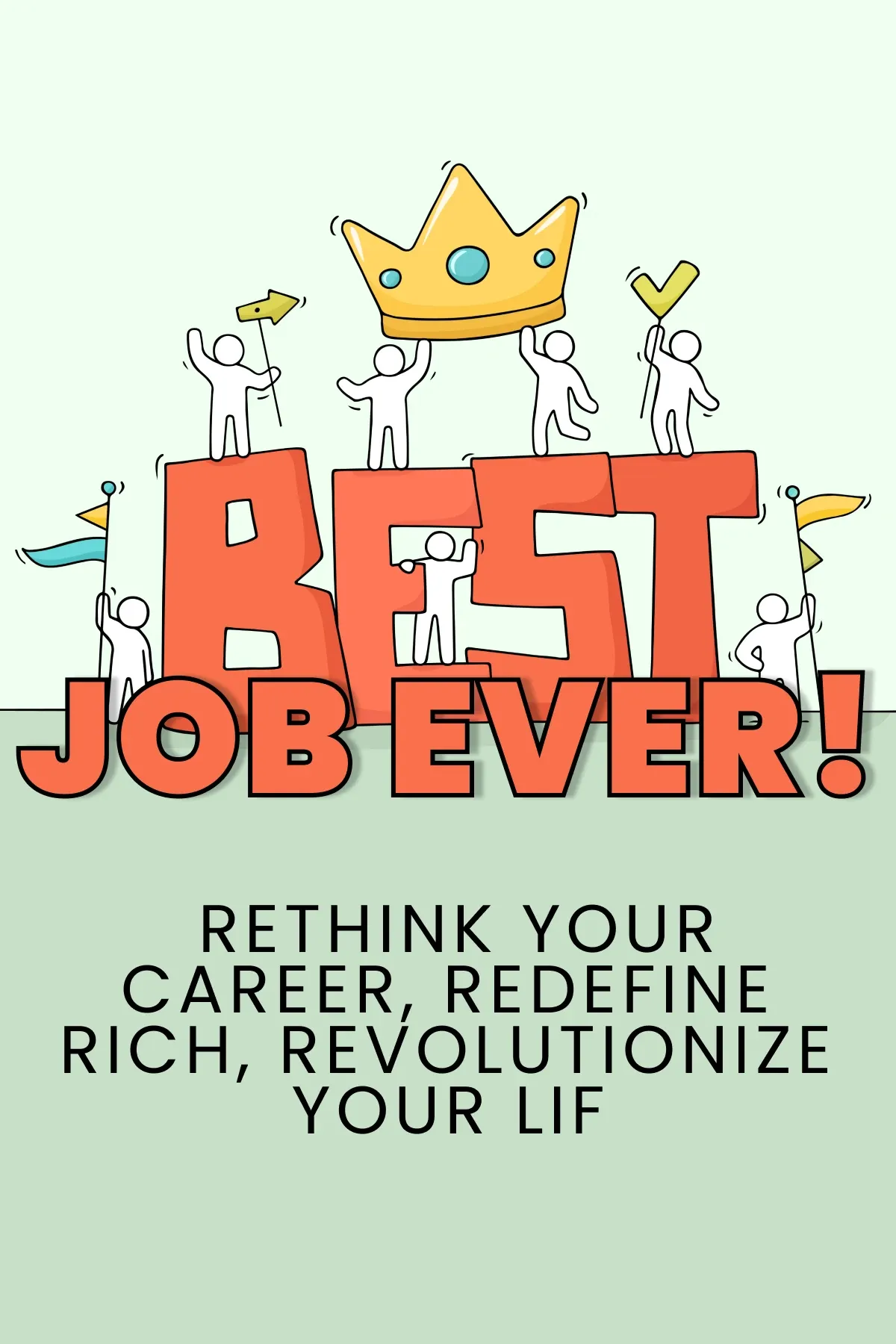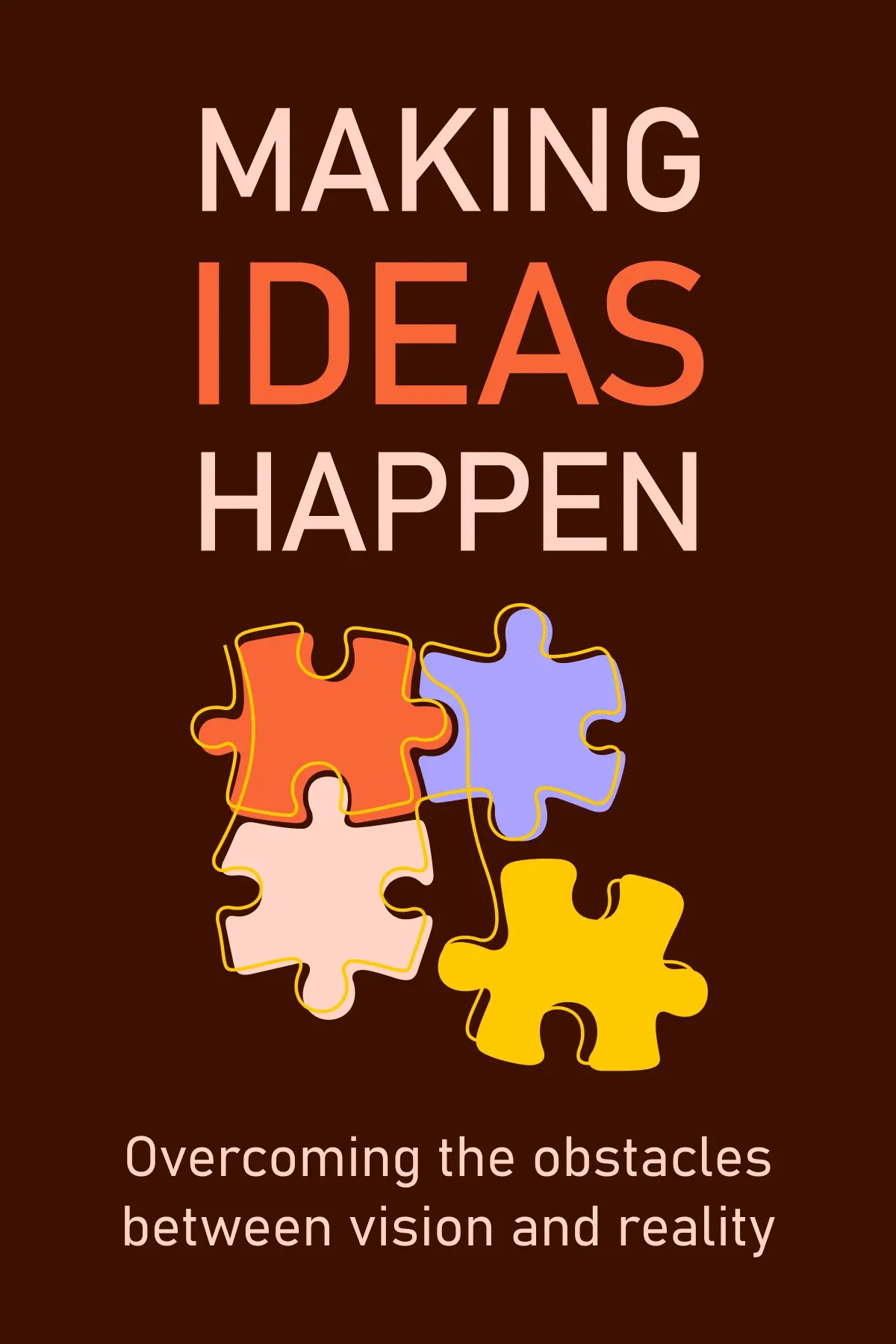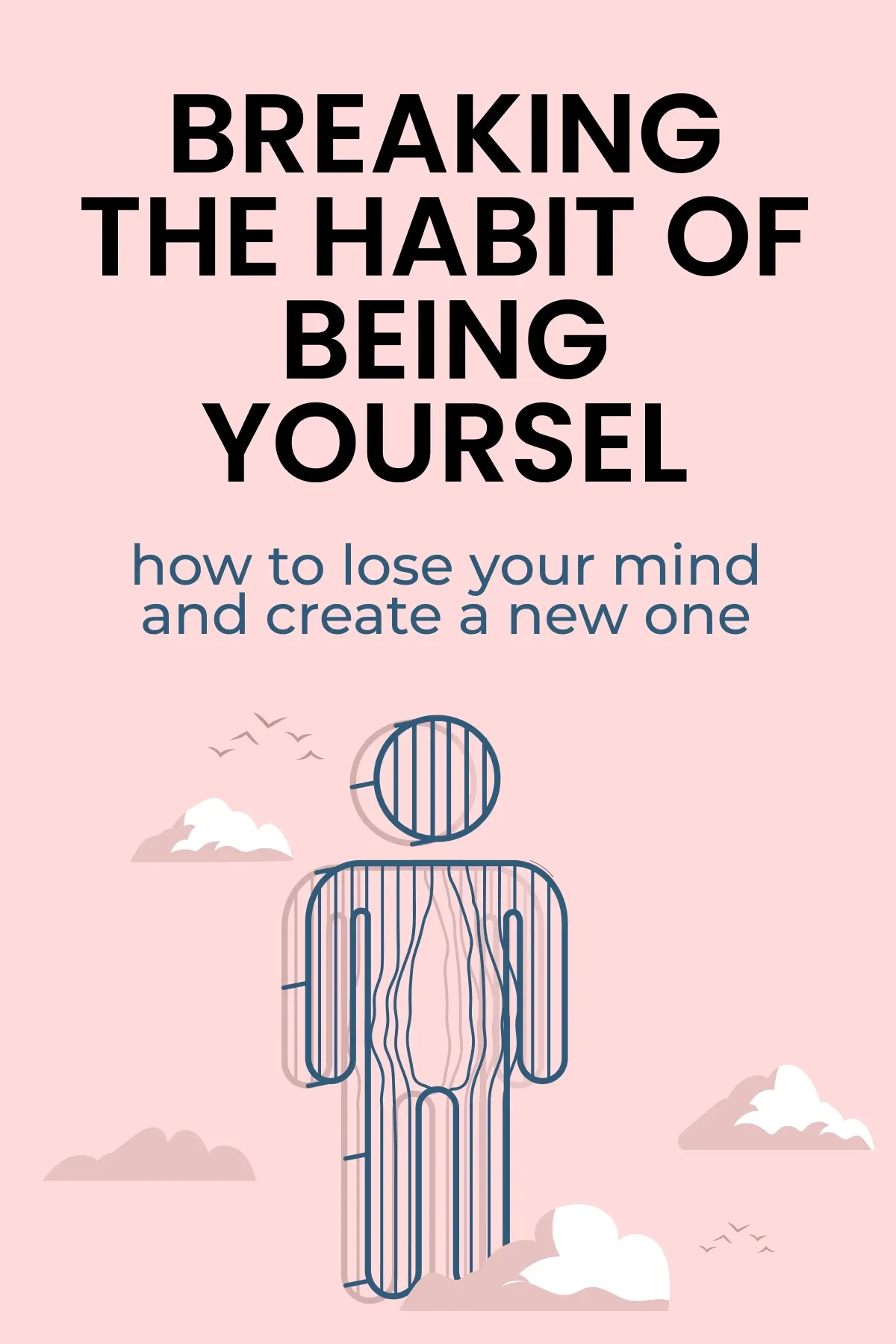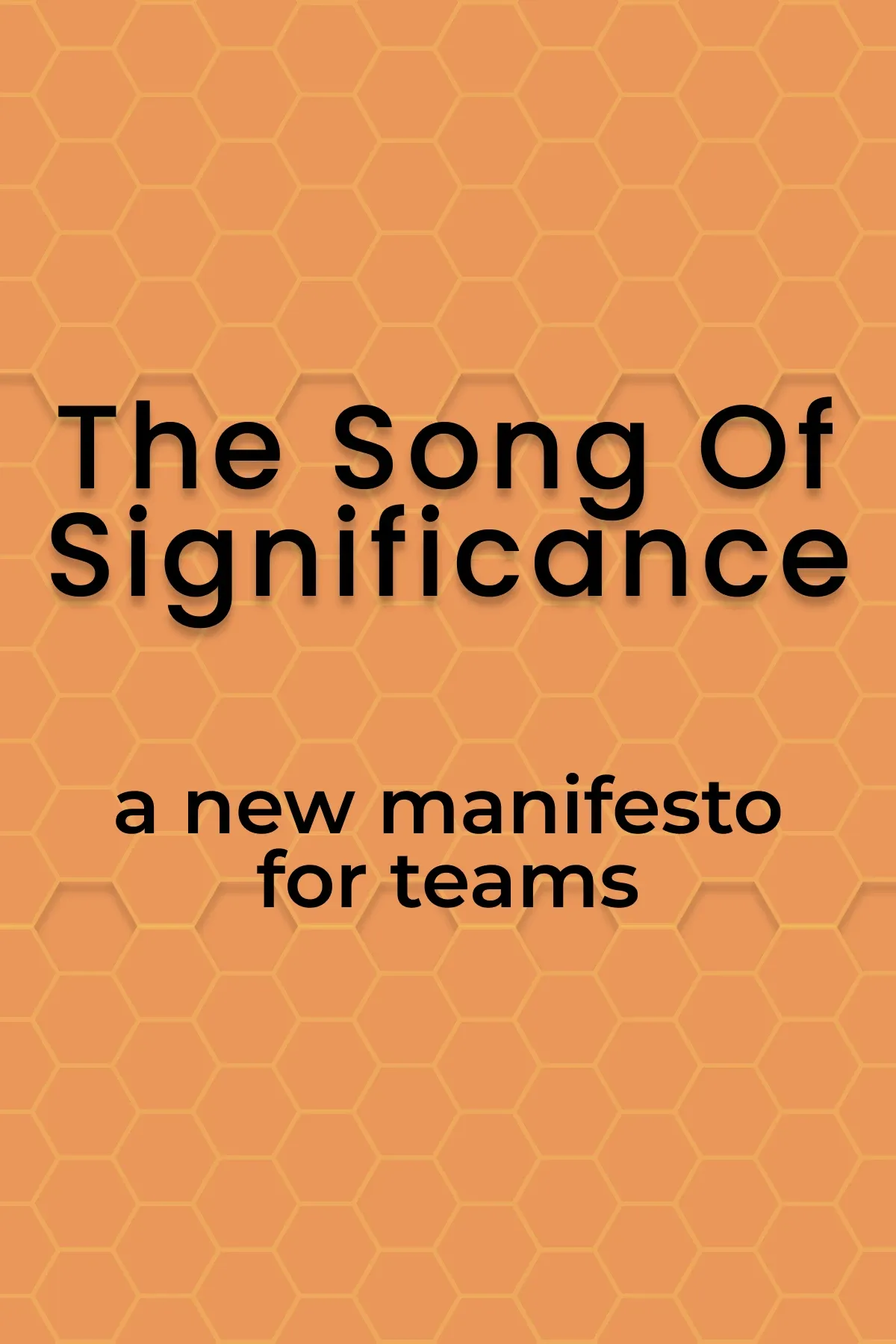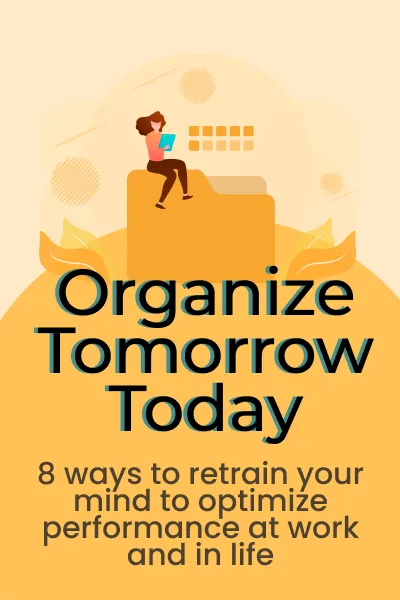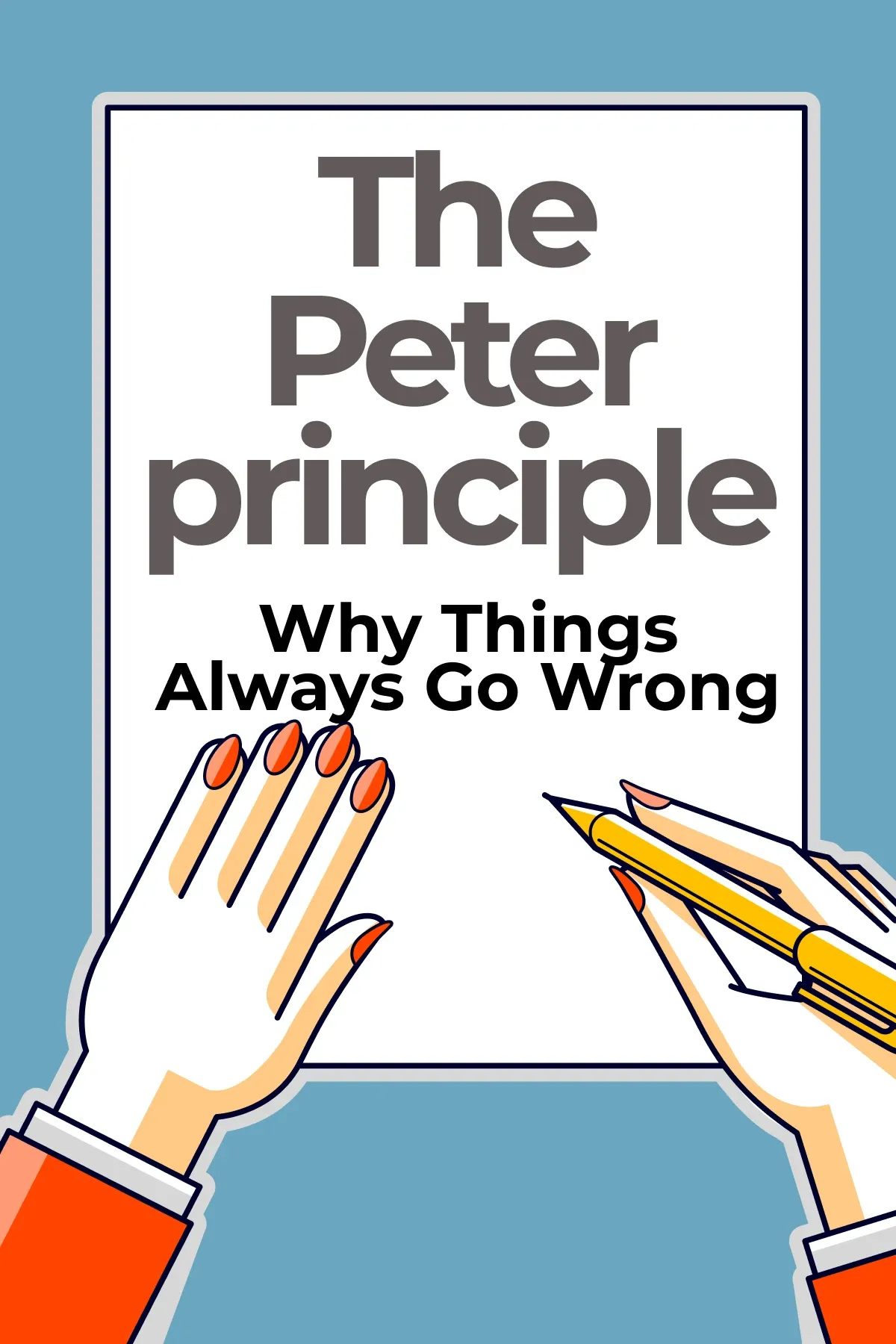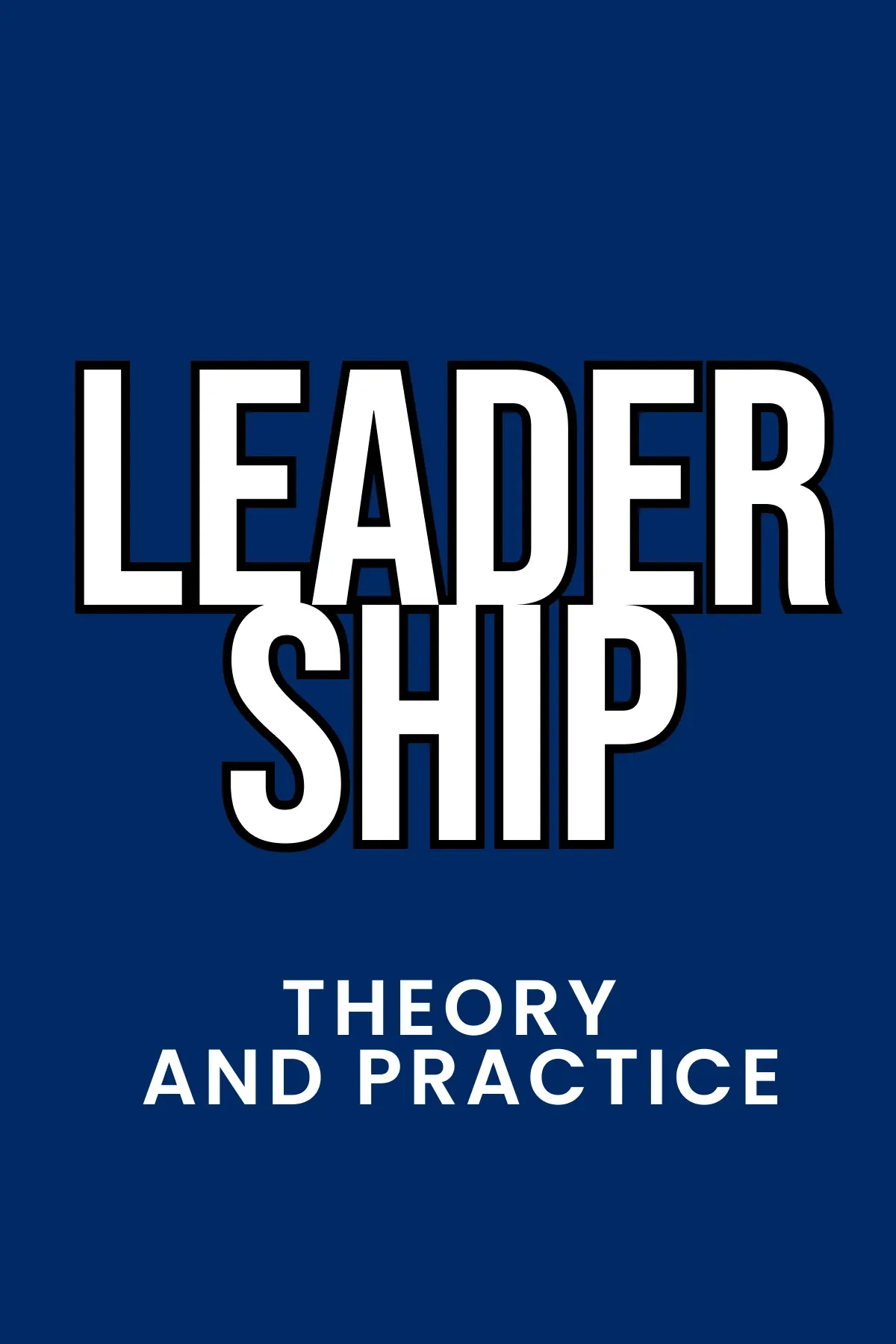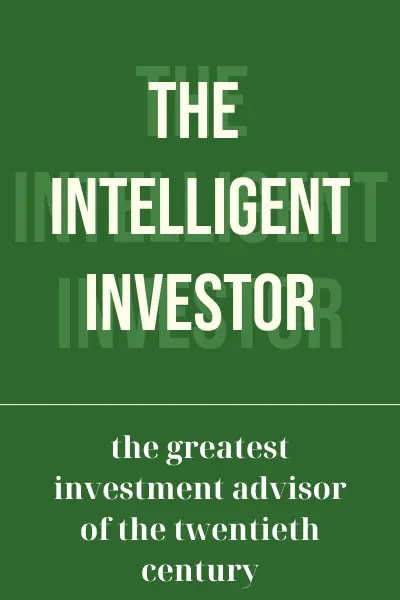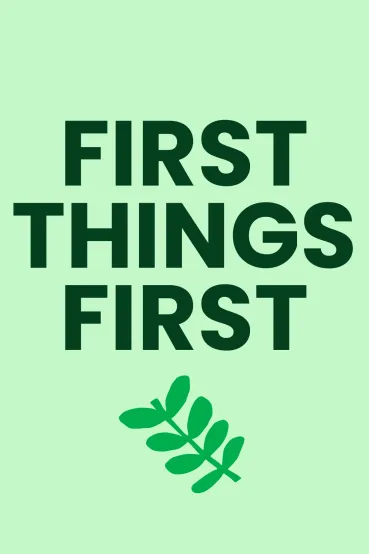
First Things First
Brief Summary
In a world constantly vying for our attention, “First Things First” offers a transformative approach to life management, advocating for a shift from the clock to the compass. It invites us to realign our actions with deeply held values, ensuring that we focus not just on the urgent but on the truly important.
Key points
Key idea 1 of 9
We often balance two key elements in life: the "clock of our lives" and the "compass of our lives." The clock represents our daily tasks and goals—like the schedule we follow daily. The compass, however, points to our values, deepest desires, and what truly matters to us. It's essential to understand the difference between these two for a fulfilling life.
Let's think about the clock first. It's easy to get caught up in doing things quickly. We rush from one task to another, constantly checking our watches, trying to squeeze more into each day. For example, a person might be busy with work, racing to meet deadlines, and trying to be more productive. But is this the best way to live?
Now, consider the compass. This is about what gives our lives meaning beyond completing tasks. It's about our passions, relationships, and personal growth. For instance, spending time with loved ones, enjoying hobbies or helping others. Those are activities that fulfill us in ways no job or task can.
Imagine a scenario where you're offered a magical ability to do everything faster, say by 20%. It might seem great at first. You could work quicker, finish tasks sooner, and even have more free time. But would this make your life better?
Let's replace the usual examples and think of new ones. Suppose a teacher works extra hours every day, striving to be the best. They succeed professionally but miss out on their child's school events and family dinners. Or a young person who spends all their time on hobbies and friends, neglecting their studies. They might enjoy the moment, but they could face challenges in the future.
These examples show the importance of balance. Focusing only on the clock—our tasks and goals—can lead us to miss out on what's important. Following only our desires and passions—the compass—can be problematic without a sense of responsibility.
Living a meaningful life is about more than doing things faster or ticking boxes. It's about finding the right balance between the clock and the compass of our lives. This balance is the key to a fulfilling and happy life.
FAQ
You may also like these summaries



